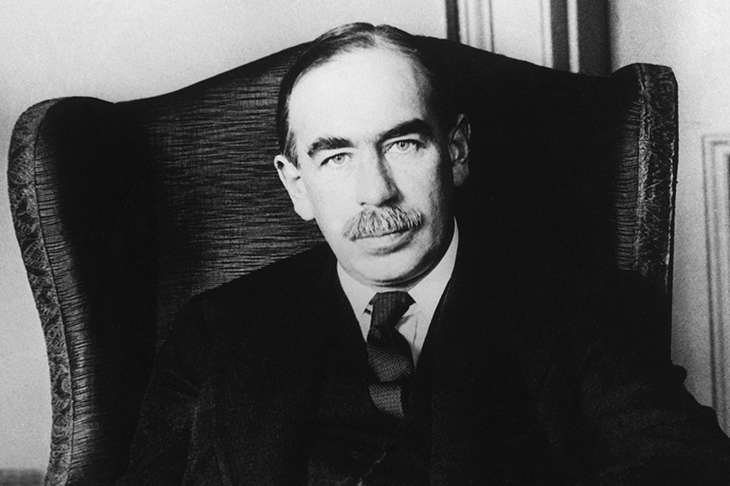Between 1923 and 1931 the publisher Routledge produced ‘Today and Tomorrow’, a series of 110 short books by intellectual luminaries of the time who were asked to imagine the future 50 to 100 years hence. The writers included Bertrand Russell, his wife Dora, J.B.S. Haldane, C.E.M. Joad, Sylvia Pankhurst, Robert Graves, Winifred Holtby, Basil Liddell Hart and Vera Brittain. The titles ranged between Science and the Future, An Anatomy of Clothes, The Conquest of Cancer, Women and Knowledge, The Future of War, The Future of the Jews, The Future of Humour, The World, the Flesh and the Devil, The Problem of Race and The Price of Justice. Those announced but never published included The Future of Sex by Rebecca West and The Future of Traffic in Women by H. Wilson Harris. Surprisingly, the series was reissued by Routledge in 2008, to little notice. Max Saunders’s erudite and comprehensive account is the first serious study of the series as a whole, setting it in the intellectual context of its time and showing how futurology — regardless of the accuracy of predictions — illuminates both past and present as much by what it doesn’t say as by what it does.

Get Britain's best politics newsletters
Register to get The Spectator's insight and opinion straight to your inbox. You can then read two free articles each week.
Already a subscriber? Log in






Comments
Join the debate for just $5 for 3 months
Be part of the conversation with other Spectator readers by getting your first three months for $5.
UNLOCK ACCESS Just $5 for 3 monthsAlready a subscriber? Log in